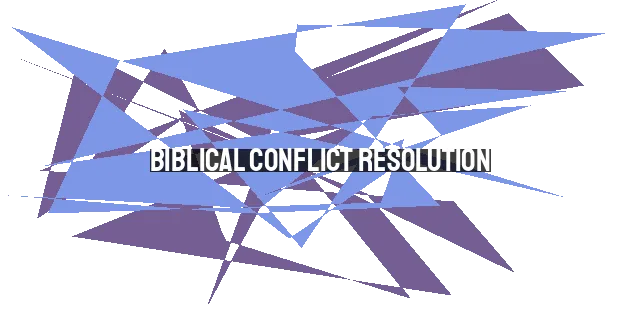Learning from History: Shaping a Just and United Future
Providence is No Excuse: Learning from History to Shape Our Future
"It is essential to your own future that you shall learn the history of the past truly." –Robert Lewis Dabney
Have you ever wondered why proper thought doesn't always lead to proper action? Even when our thoughts align with God's teachings, we often fail to live up to His standards. History is filled with examples of this, where even the most devout followers of God's word have oppressed and mistreated their fellow human beings. Orthodoxy alone is not enough to ensure that we will live as God requires.
A Dark Chapter in American History: Racism
The history of racism in America is a painful reminder of our capacity for injustice. Within some of our lifetimes, schools were segregated, African Americans were denied full citizenship, and countless people created in the image of God were treated as less than human. Shockingly, many Bible-believing Christian churches turned a blind eye to this suffering, ignoring their bleeding black brothers lying on the other side of the road. Despite our progress, we still have much to learn from this dark chapter in our history.
Learning from Our Past Mistakes
As we reflect on the historical failures of the church, it is crucial that we do not repeat the same mistakes. We cannot allow our orthodoxy to become an excuse for inaction or indifference. Instead, let us learn from the past and actively work towards a better future.
Here are three important lessons we can draw from history to shape our future:
1. Love Your Neighbor as Yourself
Jesus commanded us to love our neighbors as ourselves (Mark 12:31). This commandment applies to all people, regardless of their race, ethnicity, or social status. We cannot claim to follow Christ and yet turn a blind eye to the suffering and oppression of our fellow human beings.
Imagine if the Good Samaritan had seen the wounded man on the side of the road and said, "Well, I believe in the right doctrines and attend the right church, so I don't need to help him." Such a response would have been contrary to the heart of God. We must actively seek to love and serve those who are marginalized and oppressed, just as Jesus did.
2. Seek Justice for the Oppressed
Throughout the Bible, God calls His people to seek justice for the oppressed. In Isaiah 1:17, the Lord says, "Learn to do good; seek justice, correct oppression; bring justice to the fatherless, plead the widow's cause." We are not called to be passive spectators in the face of injustice, but rather active agents of change.
History has shown us the devastating consequences of remaining silent. We cannot allow fear or indifference to prevent us from standing up for what is right. We must be willing to confront and challenge the systems and structures that perpetuate inequality and oppression.
3. Embrace Unity in Diversity
In Ephesians 2:14, Paul writes, "For he himself is our peace, who has made us both one and has broken down in his flesh the dividing wall of hostility." God's plan is for His people to live in unity, embracing the diversity He has created. Our differences in race, ethnicity, and culture should not be a source of division but an opportunity for growth and understanding.
As we look to the future, let us actively work towards building bridges of reconciliation and understanding. This requires humility, compassion, and a willingness to listen and learn from one another. We must reject the notion that our orthodoxy gives us the right to exclude or marginalize others.
Applying the Lessons to Today
It is not enough to simply acknowledge the failures of the past. We must take these lessons to heart and apply them to the present. In the year 2023 and beyond, let us strive to be a church that reflects the heart of God in all areas of our lives.
Here are some practical steps we can take:
- Develop relationships with people from different racial and ethnic backgrounds. Seek to understand their experiences and perspectives.
- Educate ourselves about the history of racism and oppression. Learn from the mistakes of the past and actively work towards a more just and equitable future.
- Advocate for policies and practices that promote equality and justice. Use our voices and influence to bring about positive change in our communities and society as a whole.
- Support organizations and ministries that are actively working towards racial reconciliation and justice.
- Pray for God's guidance and wisdom as we navigate these complex issues. Ask Him to reveal any biases or prejudices in our hearts and help us to love our neighbors as ourselves.
By taking these steps, we can begin to break the cycle of history repeating itself. We can create a future where all people are treated with dignity and equality, regardless of their race or ethnicity.
The Future is in Our Hands
As we look to the future, let us remember that we have the power to shape it. Our actions, both individually and collectively, have the potential to create lasting change. Let us not be complacent or make excuses for inaction. Instead, let us be intentional in our pursuit of justice, love, and unity.
May we be a generation that learns from the past, embraces the challenges of the present, and works towards a future where God's kingdom is reflected in our actions and attitudes. The choice is ours. Will we repeat the mistakes of history, or will we rise above them and create a better future?



POST COMMENT
For post a new comment. You need to login first. Login
COMMENTS(0)
No Comment yet. Be the first :)